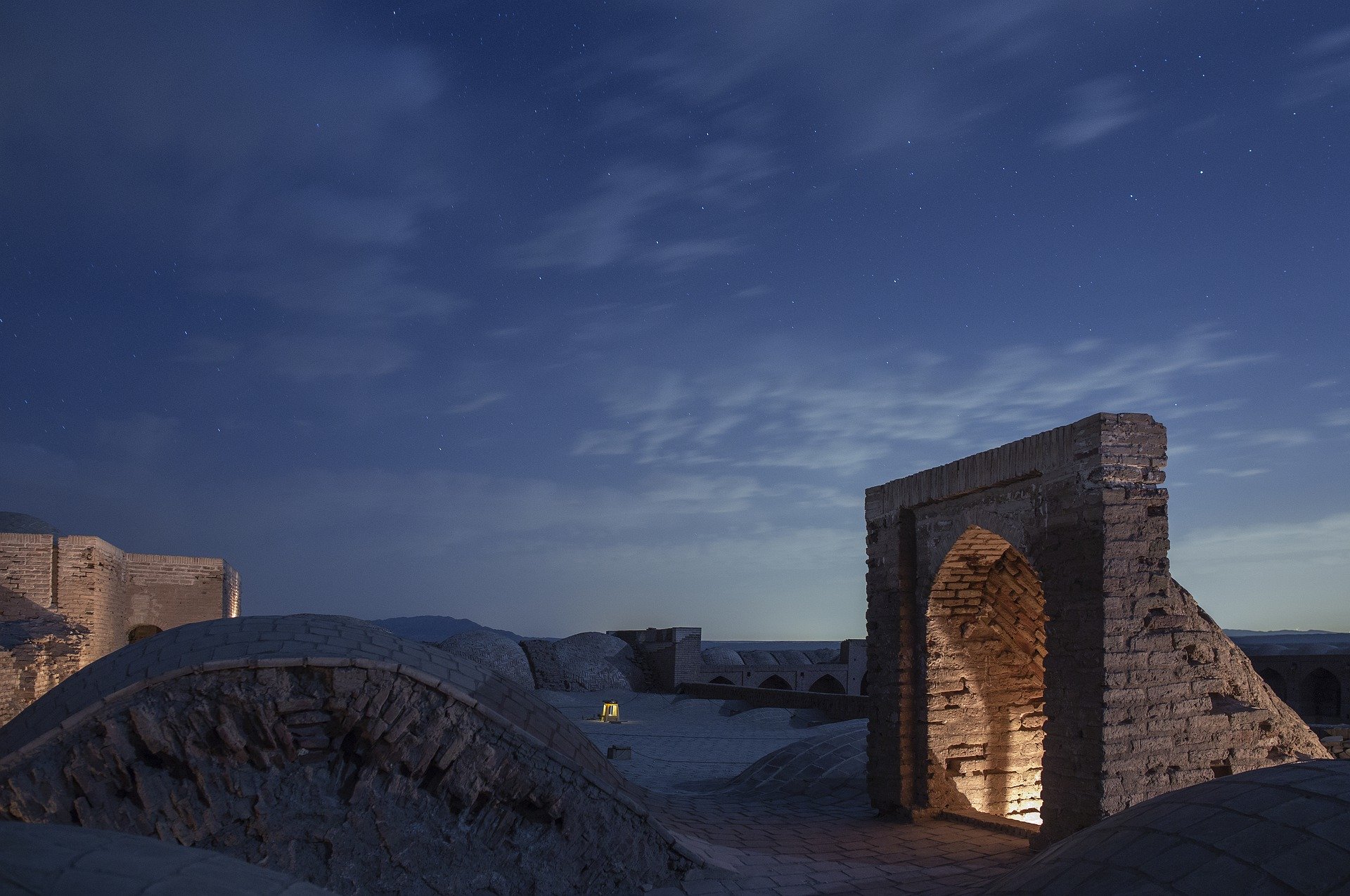 After the US assassination of the Iranian General Soleimani, President Trump threatened a ‘disproportionate’ response to any Iranian retaliation, including the destruction of sites of ‘a very high level and important to Iran and Iranian culture’. There are several aspects of this chain of events to ponder including whether either assassination or a ‘disproportionate response’ are morally or legally justified. One thing is clear, however; were the President to carry out his threat to destroy cultural sites, that would be a war crime. Why is this?
After the US assassination of the Iranian General Soleimani, President Trump threatened a ‘disproportionate’ response to any Iranian retaliation, including the destruction of sites of ‘a very high level and important to Iran and Iranian culture’. There are several aspects of this chain of events to ponder including whether either assassination or a ‘disproportionate response’ are morally or legally justified. One thing is clear, however; were the President to carry out his threat to destroy cultural sites, that would be a war crime. Why is this?
Following the catastrophic destruction of cultural sites in WWII, the United Nations put together The 1954 Hague Convention for the Protection of Cultural Property in the Event of Armed Conflict. Two addition Protocols were added in 1954 and 1999. This prohibits the destruction of cultural sites for military purposes except in certain specific circumstances. The US ratified the Convention and its Protocols in 2008 (the UK only did so in 2017) and hence are bound by its Articles.
Matters are complicated by the fact that there is no formal ‘armed conflict’ between the US and Iran. However, we can safely assume that this raises the bar for justification for the destruction of Iranian cultural sites rather than lowers it. The Convention is clear that cultural property can only be destroyed if doing so is a ‘military necessity’. This amounts to two things. First, the property must, by its use, have been made into a military objective. That is, the Iranians must be using it as (for example) a military base or a weapons dump. Second, there must be ‘no feasible alternative’ to the destruction. That is, there is no other option available to the US to achieve the same military objective. Obviously, I take it, neither of these conditions are met. Hence, President Trump was threatening action that would constitute a war crime.
If the alternative to preserving a Mosque or Church increased the risk to life, would that rule it out as ‘feasible’?President Trump seemed rather baffled by this. He told reporters: ‘They're allowed to kill our people. They're allowed to torture and maim our people. They're allowed to use roadside bombs and blow up our people. And we're not allowed to touch their cultural sites. It doesn't work that way.’ In his inimitable way, the President does raise an interesting point. How can damage to cultural sites be so bad that it is placed in the same bracket as other actions outlawed by the Laws of Armed Conflict – such as the murder of civilians or torture? The 1954 Convention does not tell us this; it only says that cultural property can be damaged only if there is no ‘feasible alternative’. But what counts as a feasible alternative? If the alternative to preserving a Mosque or Church increased the risk to life, would that rule it out as ‘feasible’? It would be very surprising if an alternative – that is, an action that is an alternative to the initially preferred action – did not have some cost attached to it. Is preserving a Mosque or Church worth losing a soldier? If one, why not two or three?
There is, perhaps surprisingly, very little written on this – it really is as if people have not thought about it. Over the past few years, I have, with my colleague Helen Frowe (who directs the Stockholm Centre for the Ethics of War and Peace), been directing the UK Government funded project, Heritage in War to try to sort out some of these problems. It has been interesting applying our skills in philosophy to a very real-world problem, and these recent events only go to show how important a good dose of philosophy might prove to be.



Rate and Review
Rate this article
Review this article
Log into OpenLearn to leave reviews and join in the conversation.
Article reviews
Americans, Mexicans and Europeans lost their lives defending the Alamo, a church in the middle of nowhere. It is an icon of sacrifice that Trump will most likely never get the right context of.
Besides, the only icons he is interested in are of himself, his hotels and his golf clubs. If he has his way, there will be one of each in every country in the world.
I have just one point to raise.
In the first sentence when reference is made to a possible disproportionate response by President Trump, surely it should read threatened and NOT threated?
Dear David
Thank you for taking the time to let us know.
With best wishes,
OpenLearn.